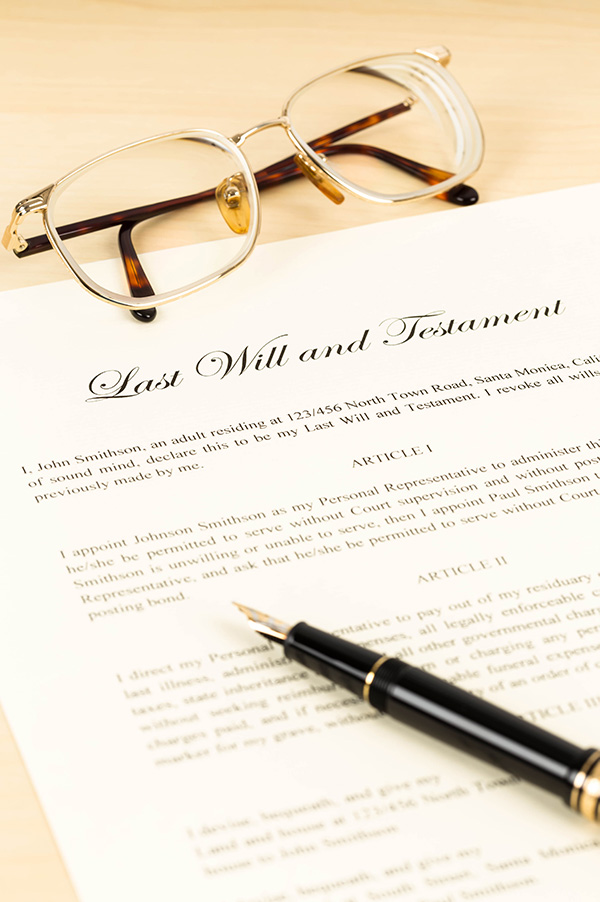Taxes
While the issue of taxes is beyond the scope of this article, some facts remain central to most probates.
1. First, the personal representative should strongly consider obtaining expert advice from a certified professional accountant (CPA) experienced in estate probate work. A final federal return may be filed so that the IRS “closes” its records regarding the decedent. The personal representative will, also, want to consider if there are tax liabilities associated with the decedent from when the person was alive, including filed or unfiled returns.
2. In addition, the estate can be subject to estate taxes, or individual taxes for income.
- In Washington, an estate will, often, incur a tax liability on assets in excess of $2,193,000.00 (2021). Put another way, there is often no Washington state estate “death” tax liability on the first $2,193,000.00 worth of assets, but any value above this is, most likely, subject to a tax consequence.
- The federal estate ‘death’ tax rules are constantly changing. Exempted amounts are based on calculating the Net Estate value and may include an election to pass a decedent’s unused exemption to a surviving spouse.
Note: Again, the prudent personal representative will seek out the assistance of a qualified CPA.



